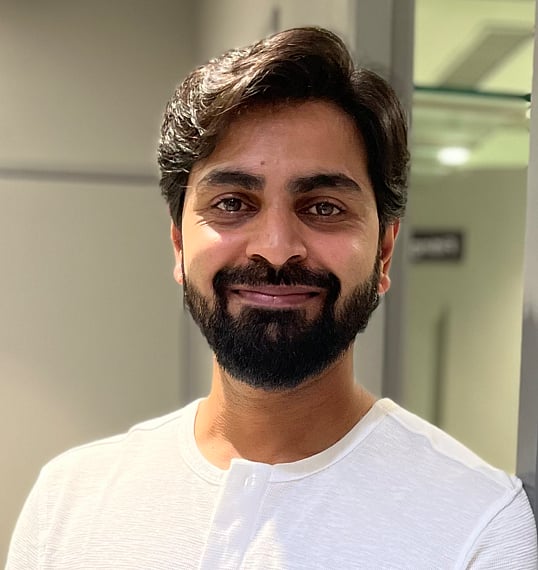
Bengaluru: Somanahalli Mallaiah Krishna, the suave Fullbright Scholar who became chief minister (1999–2004) and was credited with making Bengaluru the Silicon Valley of India, has died aged 92.
Krishna, who was in and out of hospital for various ailments in the past few months, died at around 2.30-2.45 am on Tuesday.
Last year, Krishna was awarded Padma Vibhushan, India’s second-highest civilian honour in recognition of his political career spanning six decades, starting from his first election way back in 1962 upon his return from the US.
In 2017, Krishna severed his ties with Congress and joined BJP. But Krishna maintained a low profile in politics since 2012 when he was shunted out of the ministry of external affairs.
“Krishna’s tenure was crisis-ridden,” senior journalist Imran Qureshi wrote in DH last year, recalling the kidnapping of Dr Rajkumar by sandalwood smuggler Veerappan, which plunged the state into violent protests, arson, fan suicides and tension for 108 days. There were also violent Cauvery protests.
But under Krishna, IT sector grew, benefitting Bengaluru. “He focused on performing like a CEO of a corporate entity to turn Bengaluru into Singapore. The rest of the state would benefit from the enhanced revenue generated from the capital, he believed,” Qureshi wrote.
“His support for IT growth & public-private partnership model put Brand Bangalore on global map.”
Such was Krishna’s charisma that he decided to hold early elections in 2004. But he could not bring Congress back to power as the election threw up a fractured mandate. In this election, Krishna contested from and won Chamarajpet in Bengaluru, shifting from his Maddur constituency in Mandya.
Krishna resigned as MLA as he was appointed Maharashtra Governor in 2004.
“Dissolving the Assembly six months before my five-year tenure was to end in 2004 was a Himalayan blunder,” Krishna told DH in January last year.
“The second blunder was accepting Maharashtra Governor’s post. Instead, I should’ve continued here as leader of Opposition. I should’ve continued in state politics for some more time,” he said.
“Whenever Congress came back to power, I would have been CM, and it would have given me an opportunity to improve Bengaluru’s infrastructure to global standards,” he said in that interview.
As CM, he constituted Bangalore Agenda Task Force (BATF), in which Infosys cofounder Nandan Nilekani played a key role.
He studied at Southern Methodist University (Dallas) and George Washington University. In 1960, John F Kennedy was running for US presidency. Then, 28-year-old Krishna, a law student, wrote to Kennedy. Krishna expressed his desire to run Kennedy’s poll campaign in localities that had a sizable Indian population. Kennedy obliged. After Kennedy became 35th US President in 1961, he wrote to Krishna thanking him for his efforts. In 1962, Krishna contested his first election from Maddur and won as an Independent. Krishna also represented Mandya in the Lok Sabha.
Krishna loved tennis. In 1999, when he led Congress to victory as its Karnataka president, he had promised Sonia he would not touch a tennis racket till polls got over.
He was a huge fan of Australian tennis legend Frank Sedgman. The veteran leader was also known to visit London to watch Wimbledon.
He also had a fascination for clothes and made designing them a hobby.
In early 2023, Krishna was chosen for the Padma Vibhushan. This was seen as a gesture towards a tall Vokkaliga leader in the run-up to the Karnataka Assembly elections. Krishna was once JD(S) supremo H D Deve Gowda’s arch-rival and their battles for Vokkaliga leadership are well known.
Towards the end, Krishna chose not to campaign for anybody during elections.
“I will not campaign for anyone,” Krishna said. “...I have to respect my age and I’m entitled to some rest.”
